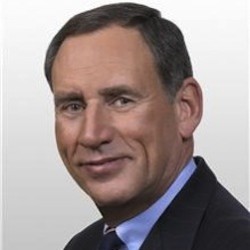Michael Tetreault of Direct Primary Care Journal ran a survey suggesting that 10% of direct care practices close up shop after the first year. As with any business the first year is extremely important, and a place where bankruptcy can halt any future plans.
So how can you make it through this phase, recruit patients and bring in a healthy revenue stream? DPCJ offers 7 key steps including the importance of face-time, location planning, minimizing expenses everywhere you can, and pre-planning for emergencies. We’ll stress one of their steps in particular — determining your business model and sticking with the plan. Figure out where your revenue is coming from and how you’re going to achieve that. How many patients do you need to recruit every month to stay afloat through year one? How are you going to market your practice? How well do you know you offerings so you can sell without coming across like you’re selling used cars?
CHECK OUT 7 STEPS TOWARDS DIRECT CARE SUCCESS IN YEAR ONE
We encourage docs to work with our new EMR, Atlas.md. It’s built specifically to help doctors easily collect monthly revenue and not get burnt out trying to do bookkeeping. We also encourage docs ready to take the first step to send us an email and give us a call. We’re more than happy to counsel any doc through the transition, the first year of operation, and beyond. Direct care is small, but we’re gaining recognition. And it’s only going to keep up the momentum if we work together.


